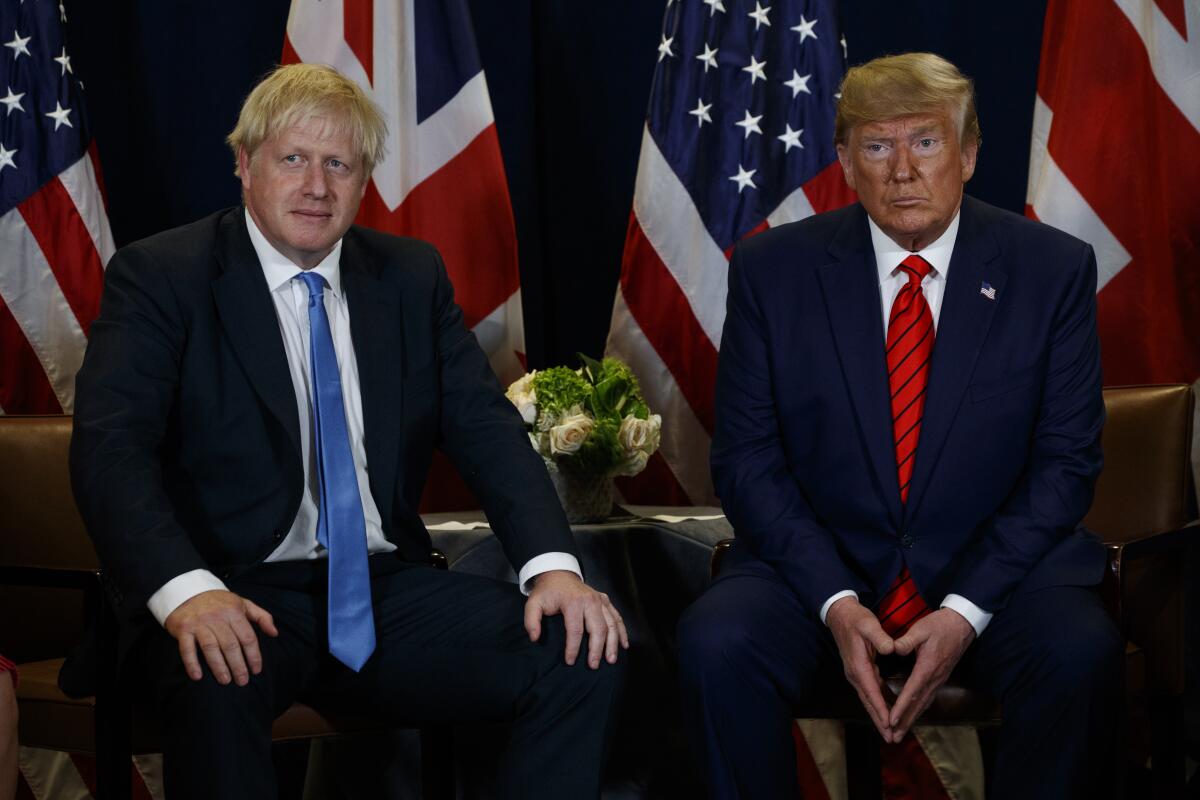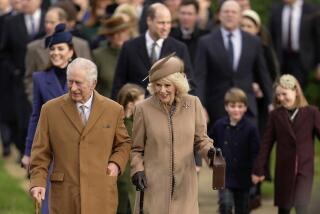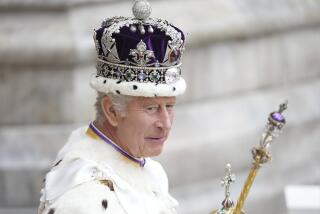Opinion: King Charles I was executed by his parliament. There’s a lesson there for Donald Trump

If, as the saying goes, “the past is prologue,” consider this:
On Jan. 30, 1649 (is that past enough?), Charles I, King of England, laid his head down on the executioner’s block and was put to death. The charge against him, after nearly a decade of civil war, was treason for making war on his own people. The jurors who convicted him were parliamentarians, and they found him guilty of pursuing his own interests rather than the interests of the country.
We should take more than passing note of this long ago event, not because anyone would advocate that our own leader should meet such a violent end, but rather because it helps explain a central conflict that continues to roil both British and American politics: the clash between the executive and legislative branches of government.
Drawing upon legal precedents such as the Magna Carta, Parliament in the early 17th century had been asserting its own authority more and more in the face of increasing demands of a monarchy that believed in its divine right to exclusive rule. Parliament had one significant weapon: the power of the purse. Under Charles I, Parliament exercised that authority by refusing to fund the king’s foreign policy as he wished, an act of defiance that provoked the king to dissolve Parliament and rule alone for 11 years. His opponents referred to that time as the “Eleven Years’ Tyranny.” Historians, striving to be more neutral, call it the Era of Personal Rule.
Later, when Parliament was reconvened and the conflict grew even more heated, Charles accused five members of the House of Commons of treason. Attended by armed guards, he entered Parliament to arrest them, but they had already left the chamber, and the speaker for the first time asserted his obedience to the House rather than to the king.
After Charles’ execution, the power of the monarchy continued to erode, and the tumultuous events of his tenure helped set Britain on the path to the system of parliamentary democracy it has in place today. Traces of the old conflicts survive, however — and not just in the British parliamentary system but also in American democracy.
Modern presidents and prime ministers are both direct descendants of a monarchical past. Even in democracies, they are the first among equals when it comes to ruling their countries. And even without the convenient divine endorsement their predecessors enjoyed, many have tried to assume the absolute power of their political ancestors.
Take Brexit. Boris Johnson’s efforts to impose his views about how Britain should leave the European Union have always rested on his belief that a recalcitrant Parliament should bow to his wishes. Similarly, Trump’s tweeted condemnations of the impeachment process and his repeated assertions of a near-absolute presidential privilege not to be investigated or prosecuted reveal his view of the office he holds. Each man sees his role as entitling him to do, as Trump has said, “anything that I want.” And each resents pushback from a legislative branch asserting its legitimate role as an equal partner in government.
What are the lessons in the story of Charles I for the present? The analogy is limited, of course, but it is a reminder of both the power legislatures have and the importance of using it to contain over-ambitious executives. At the dawn of the world of modern politics, an imperious king, who thought he was justified in doing whatever he wanted, went to battle with a legislative branch of government — and lost.
When legislatures assert themselves to curb overweening executive power, whether now or in the 17th century, they can prevail. But they have to be willing to act.
Leo Braudy is a professor of English at USC and the author, most recently, of “Haunted.” He is working on a book about the crisis of authority in 17th-century England.
More to Read
A cure for the common opinion
Get thought-provoking perspectives with our weekly newsletter.
You may occasionally receive promotional content from the Los Angeles Times.










